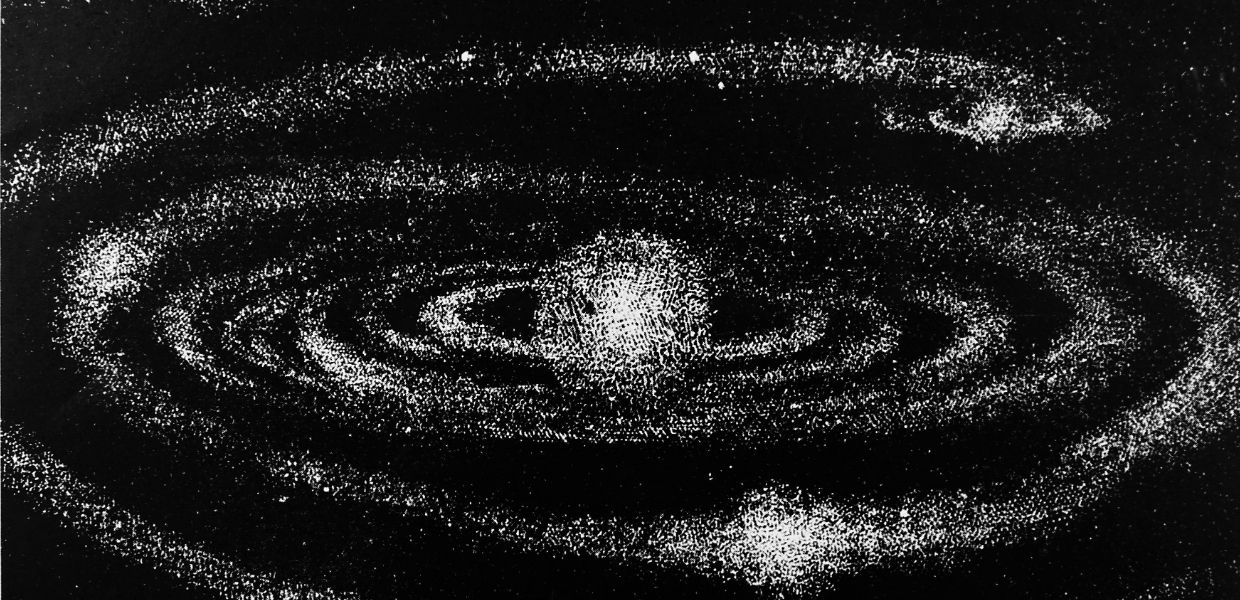The Time Machine is an emerging Large-Scale Research Initiative (LRSI) built around the vision to develop the Big Data of the Past - a distributed digital information system mapping the social, cultural and geographical evolution of Europe.
While Europeana drives transformation throughout the cultural heritage sector with innovative standards, infrastructure and networks, Time Machine aims to design and implement advanced new digitisation and artificial intelligence technologies to mine Europe’s vast cultural heritage, providing fair and free access to information that will support future scientific and technological developments in Europe.
By working together, Europeana and the Time Machine will ensure that textual, visual and other data is interoperable and so can be used to reflect historical, cultural and societal dynamics.
The statement of collaboration, signed by Harry Verwayen, Executive Director of the Europeana Foundation, and Prof. Dr. Frédéric Kaplan, President of the Time Machine Organisation, outlines three areas in which the two organisations can make great progress by pooling their expertise:
developing enhanced technical infrastructures and data models - building on existing infrastructures such as IIIF and EDM, and exploring AI, machine-learning and automated mark-up of heritage data
developing enhanced legal tools and rights frameworks - building on existing frameworks like Creative Commons and RightsStatements.org, and exploring contemporary challenges of AI and auto-generated data creation
connecting networks and user-driven infrastructures - including development of digital research methods and tools, and training within the cultural heritage sector.
Europeana and the Time Machine also intend to work towards joint research, technology and infrastructure development, and to adopt a governance model for their common activities.
Look out for future updates on this collaboration on Pro News, and in the meantime keep up-to-date with Time Machine at timemachine.eu, on Instagram, YouTube and Twitter.


